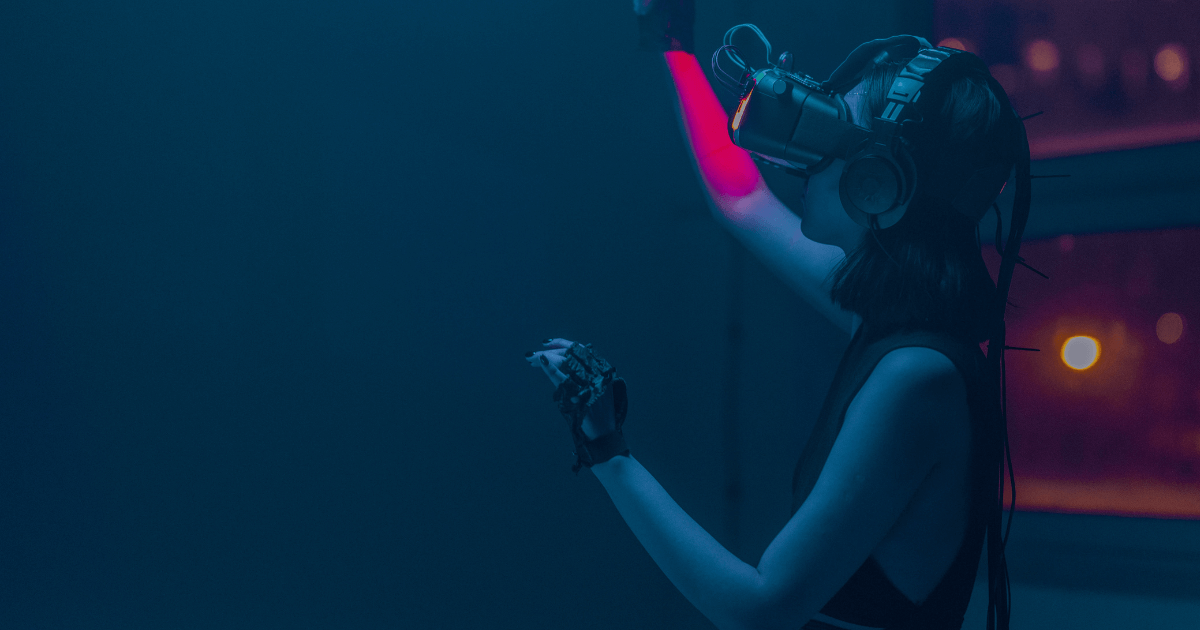As artificial intelligence (AI) continues to pervade almost every aspect of our lives, one intriguing question arises: How can AI adapt to the human biological clock? Given our increasing understanding of the importance of circadian rhythms in maintaining physical and mental health, it’s crucial to design AI systems that can harmonize with these natural cycles, providing better personalization and efficiency.
AI’s capacity to learn, predict, and adapt makes it uniquely suited to interact with our biological clocks. With AI’s help, we can develop personalized systems for healthcare, productivity, and wellness, which operate in tandem with our internal rhythms, enhancing our lives rather than disrupting them.
In the healthcare domain, AI can play a pivotal role. The idea of chronotherapy, administering medication in alignment with the body’s circadian rhythms to maximize efficacy and minimize side effects, could benefit greatly from AI. By integrating data on individual sleep patterns, daily activity, and hormone levels, AI can help design personalized treatment schedules that align with a patient’s biological clock, potentially boosting the efficacy of treatments.
Another sector where AI can bring significant benefits is sleep technology. AI-powered sleep trackers already help people understand and improve their sleep patterns. However, future AI models could go beyond simply monitoring. By learning a person’s unique sleep-wake cycle, they could provide tailored recommendations for improving sleep hygiene and quality, enhancing overall well-being.
AI could also transform our work lives by adapting to our biological clocks. Research has shown that our cognitive abilities fluctuate throughout the day in line with our circadian rhythms. By understanding these patterns, AI could help to optimize work schedules, suggesting when we might be most alert for challenging tasks or when it would be best to take breaks.
Personalized AI could even adapt our digital environment according to our biological rhythms. Imagine a smart home that adjusts lighting to mimic the natural transition from daylight to dusk, promoting healthier sleep-wake cycles. Or a computer interface that shifts color temperatures and notification settings to prevent disruption of your natural circadian rhythms.
However, the integration of AI and the human biological clock is not without challenges. AI algorithms require vast amounts of data for accurate predictions, raising privacy and security concerns. Ensuring that these personal health insights remain confidential and are used ethically is crucial. Moreover, although AI can adapt and learn, it cannot entirely understand the human experience. Therefore, we need to avoid an over-reliance on AI, ensuring it serves as a tool for enhancement rather than a replacement of human judgment.
In conclusion, the intersection of AI and the human biological clock presents a promising avenue for the development of personalized tools for healthcare, productivity, and well-being. By recognizing and adapting to our internal rhythms, AI has the potential to promote a more harmonious relationship between technology and our natural cycles. However, it’s crucial to address the challenges that come along, ensuring the ethical and responsible use of AI for the benefit of human health and well-being. The goal should be to create AI systems that understand us better, helping us live in sync with our biological clocks rather than against them.

